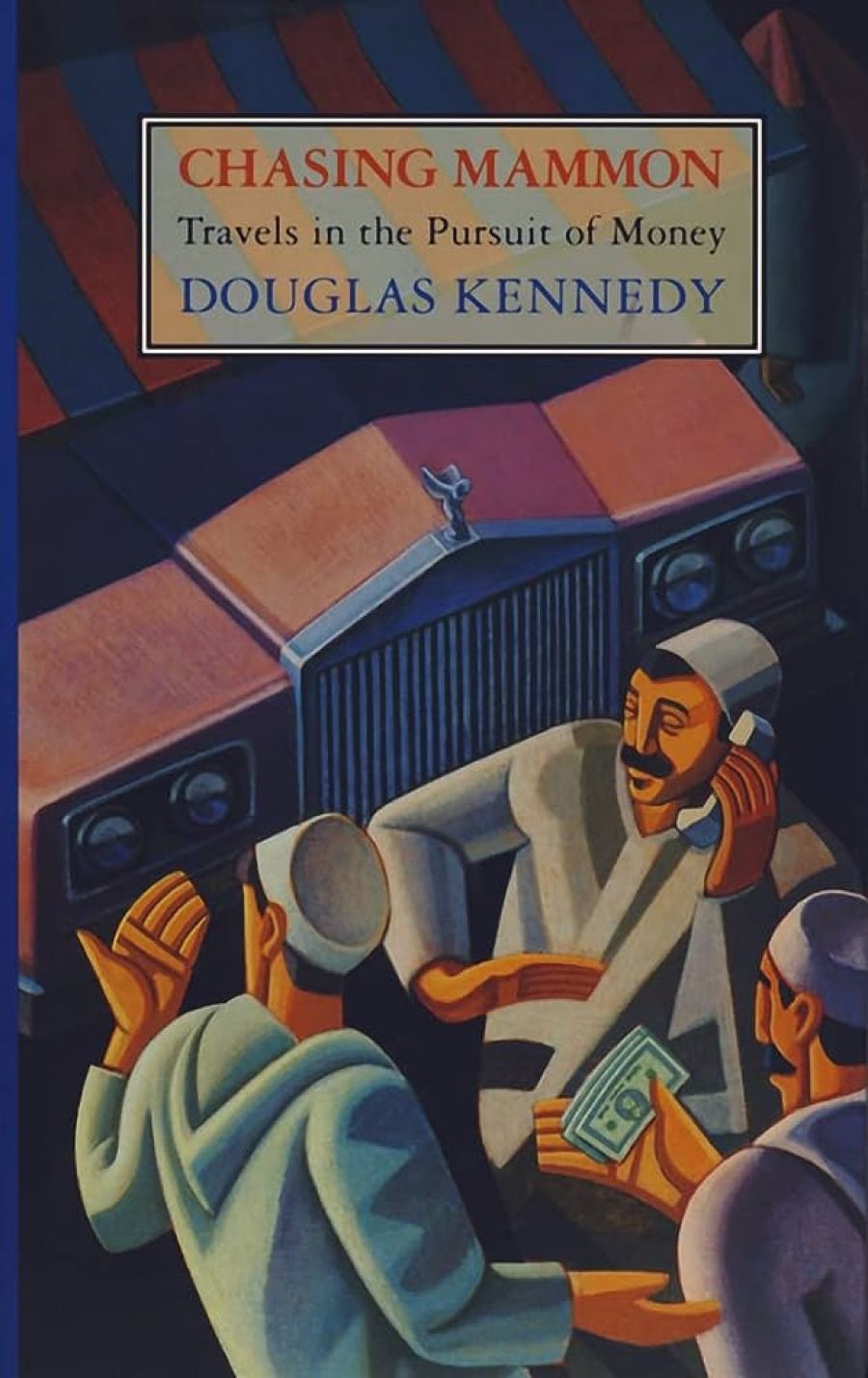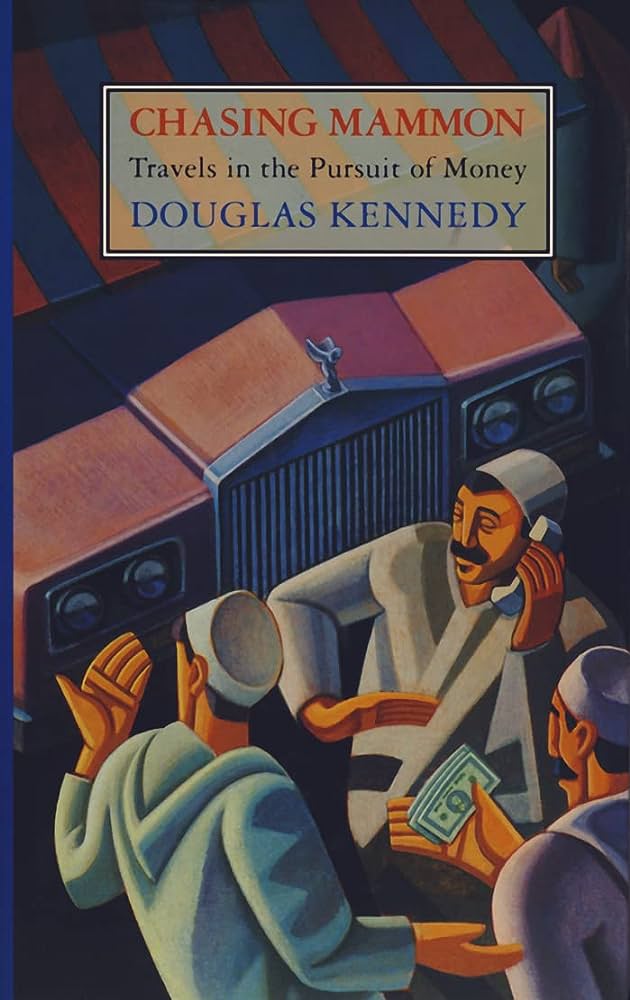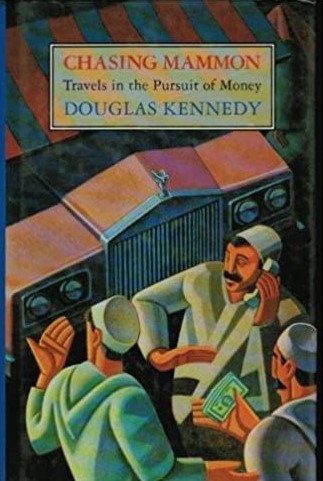
- Free Article: No
- Contents Category: Fiction
- Review Article: Yes
- Article Title: International Extras
- Article Subtitle: The pick of what’s new from overseas
- Online Only: No
- Custom Highlight Text:
Gavin is a Breton sailor, with much salt on his skin from the squally weather he must submit himself to over towards the coast of Ireland. But other salt is on their skins, as these two find themselves irresistibly drawn to each other, despite the dreadful gap between their life experiences and expectations. More often than not, at the first sign of a scene of sexual doings, you can begin cringing, as writers search for dubious imagery usually more redolent of the kitchen than the bedroom. But there is something naively successful about George’s descriptions and explanations. It’s all rather hearty and pleasing.
Nothing very much happens; outside of their various coming-togethers, they marry other people, have children, work at their separate lives, move around the world. But back they come, and the passion is, as they say, rekindled, so they’re at it again, with gay abandon.
The tone is set in the opening chapter when George warns: ‘… there’s no way I can tell my story without describing the sin of firkytoodling, as sexual play was known in the sixteenth century.’ And firkytoodle they do, as often as time and tide allows. The translation, by the way, is superb. Goodness knows what firkytoodling was in the French, but this kind of totally right transition from the original French into English signals the translator, Mo Teitelbaum, to be chouette.
- Book 1 Title: Chasing Mammon
- Book 1 Subtitle: Travels in the Pursuit of Money
- Book 1 Biblio: HarperCollins, $32.95 hb
- Book 1 Cover Small (400 x 600):

- Book 1 Cover (800 x 1200):

The idea is splendid. He went, he writes, in ‘pursuit of money’, by which he means that he visited people in the money business – stock exchanges and their associates – to find out whether something more than greed pushed them to work many hours and in hectic environments for huge salaries. Kennedy claims to find other things, such as fear and dread and lack of self-esteem and whatever, but he doesn’t convince me: it’s greed all right.
That part of his quest, the desire to somehow get beneath the veneer of the shiny moneyed ones who toil away on the futures market or the back room of some giant bank, is not very successful, and he probably should have just decided to describe rather than try to find evidence to back up his spurious thesis that these folk are decent love-seeking souls driven to sublimate their need for love with filthy lucre. Too big, and too murky a question for this swift and stylish book.
What are quite fascinating are the anecdotal descriptions, the intimacies that he manages to draw from people at the same time as he expertly gives a wide-lens view of the way people behave in a stock exchange. From Wall Street to Casablanca to Sydney to Singapore to Budapest, Kennedy is quick to infiltrate the money dealers and cannily listens to their tales.
We listen, but we don’t necessarily, believe him. This is tidy fiction, really, very enjoyable but you’d not want to buy on his advice. You might suspect something when he reveals the hearts and souls of his American yuppies, or feel that the Moroccans are just a little too like a movie you saw some time back. The real giveaway is when he gets to Sydney and has people saying such things as ‘Walking the Wallaby track’, which he supplies, fortunately, a gloss for, otherwise I’m damned if I’d have known that it meant ‘finding yourself on the road to nowhere’. Now, I’d love to hear a stockbroker say this, but until I do, I’m suspicious of Douglas Kennedy’s research.
It doesn’t matter much, because it’s all a lot of fun and very readable. It would, nevertheless, be good to have a really thoughtful study of what Bernard Shaw, in Man and Superman called the ‘universal regard for money’. He’s quoted by Kennedy (the quote goes on that ‘the universal regard for money is the one hopeful fact in our civilisation’), and in this way the overwhelmingly fascinating topic of desire and its relationship to money is suggested. Suggested, but not tackled.


Comments powered by CComment